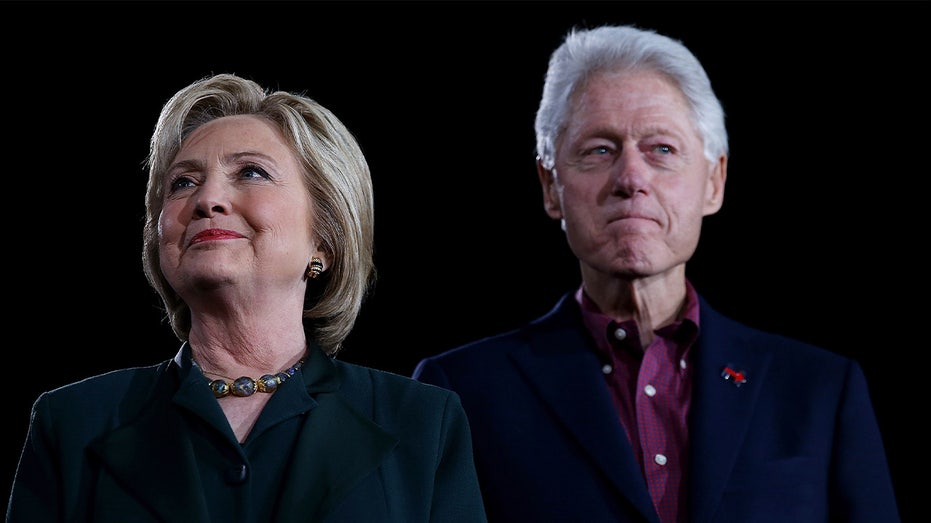Under 30 and earning £1m? Here’s what you need to know
The number of young millionaires is on the rise, so what risks and considerations should they be taking into account to protect their wealth? Caroline Russell has some wise words for high net worth Gen Zs The number of under-30s earning more than £1m a year has grown to a record high of 830 while [...]


The number of young millionaires is on the rise, so what risks and considerations should they be taking into account to protect their wealth? Caroline Russell has some wise words for high net worth Gen Zs
The number of under-30s earning more than £1m a year has grown to a record high of 830 while there are more than 15,000 young people in the UK with incomes of more than £150,000, according to analysis of HMRC data by accountancy firm Lubbock Fine.
For those lucky young people who have inherited their wealth, it is likely that there will be financial advisors, lawyers and accountants (if not a dedicated family office) to advise them on how best to invest and protect their money, how to manage affairs such as taxes and pre-nuptial agreements and how to make use of legal structures such as trusts to ensure they are provided for over the years.
However, for those whose wealth is entirely new, not only will they not have these advisors and structures in place but they may not even realise it is necessary. A reality TV star who has made their money through television contracts, social media sponsorships, and paid appearances could have a complicated tax profile, and may not appreciate the tax they need to pay on their earnings and in which jurisdictions they have a tax exposure.
There are additional risks and considerations where an individual’s income is not consistent (for example, if it is contingent on sponsorships, commissions, or TV appearances) and there may be the risk of it falling off entirely. A professional footballer could be earning millions for a few years, but on their professional retirement – several decades before most of us will retire – not only will income fall away, but they may see reduced sponsorship opportunities, leaving them without the capital reserves to sustain their lifestyle.
As a consequence, one of the biggest challenges many wealthy young people may face is taking several years of successful earnings and turning that into a lifetime – or, indeed, generations – of wealth provision. This is the sort of transformation where advisors can be essential, helping individuals plan a pathway for their wealth that looks far into the future.
Retaining trusted advisors also provides individuals with the ability to consider their wealth in the context of their lifestyle choices. Many newly minted social-media stars will not realise the complexity engendered by international mobility, such as moving between the UK and US, or the financial implications of getting married (or divorced). The pop star Ariana Grande (30 years old and with a net worth of hundreds of millions) recently demonstrated the importance of a robust pre-nuptial agreement, settling her divorce with a (relatively) small one-time payment of $1.25m.
In addition to the pressures of managing their wealth, Millennials and Gen Z face the added pressure of public scrutiny brought about by social media. For those who have made their money on social media, displaying an aspirational lifestyle could be core to their appeal and they may be inclined toward status-symbol purchases such as luxurious holidays, cars, watches, handbags, homes or even private jets and yachts. That often comes into direct conflict with the drive towards sustainability, protecting the environment and the public sentiment that the wealthy should do more to contribute to society. It is a tight-rope that those in the public eye must constantly walk.
Although it is a risk to stereotype Gen Z and Millennial ultra-high net worth individuals as somehow more magnanimous than their predecessors when it comes to philanthropy and charitable giving, younger generations do tend to be more vocal and have more of an activist-attitude when it comes to causes close to their hearts. It is also possible for them to tick the sustainability box whilst still making their money work by moving to ESG-focused and impact investing.
There’s no reason why somebody under 30 cannot properly manage their wealth, but there is often an impression that younger people are more likely to spend recklessly. This is why many wealthy families look to wealth protection tools such as trusts, to prevent children accessing wealth too early. Our experience is that it is not helpful for any young person to receive a windfall without any guidance on how to manage it. A more gradual transfer of wealth, accompanied by education around investing and protecting that wealth with the support of professionals allows younger generations to gain a better understanding of their money and what they can do with it.
Caroline Russell is senior associate in the Private Client Group at Wedlake Bell



